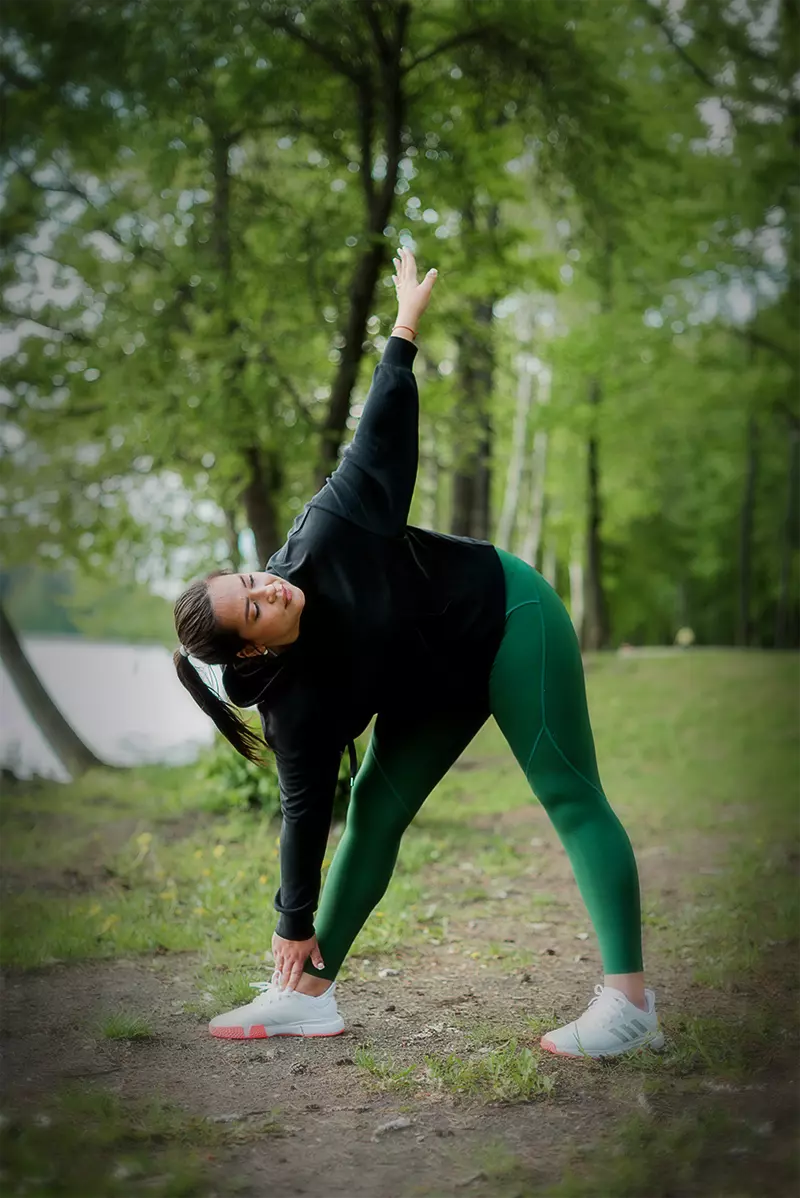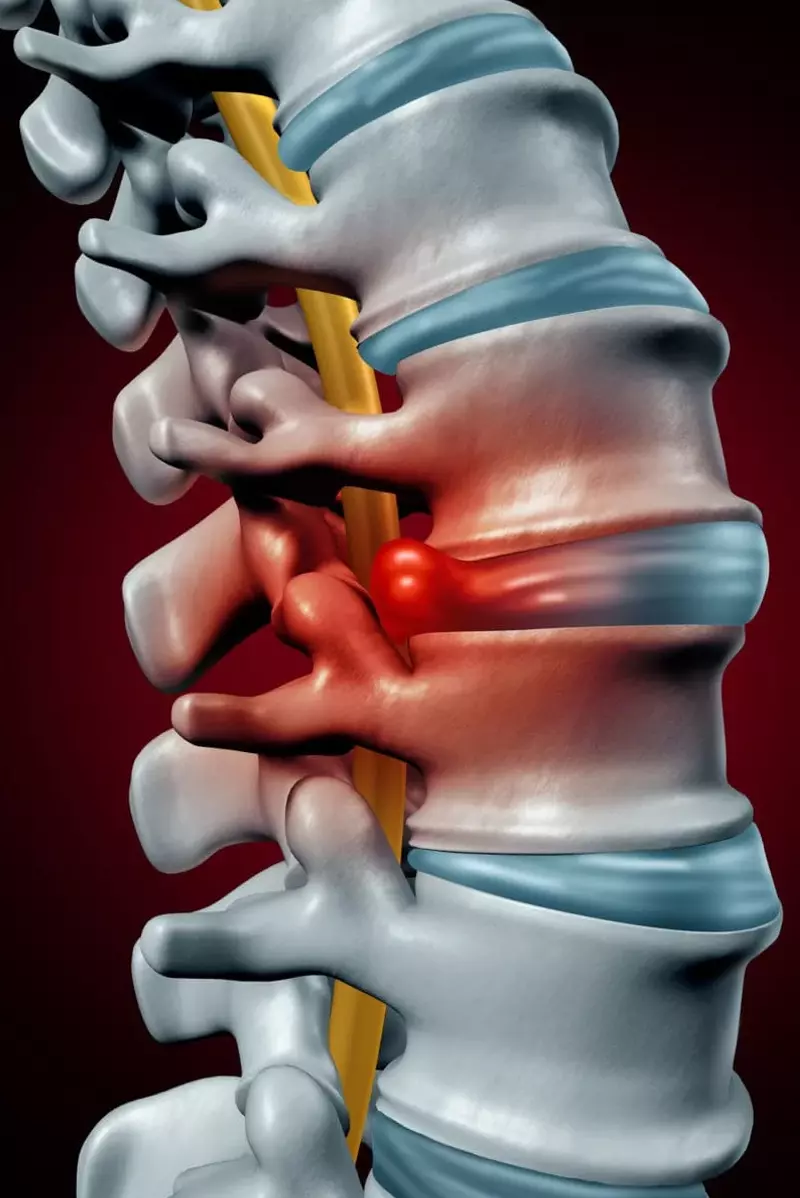Low Back
Low Back & Neck
Drug-Free, Non-Surgical Orthopedic Low Back & Neck Pain Treatments.
LOW BACK PAIN
Lower back pain affects 80% of all Americans at some point in their lives. Low Back pain accounts for weeks, months, and even years of lost work, lost time, and lost enjoyment in life. Low Back pain is the #1 neuro-musculoskeletal problem world-wide and Chattanooga Non-surgical Orthopedics are experts in preventing and conquering low back pain with a proven track record of over 25 years.

Low Back Pain Solutions
We can help all types of Acute or Chronic Low Back Pain from sedentary people to World Class Athletes. Our Drug-Free, Non-Surgical solutions include:
Commonly Treated Spinal Conditions
NECK & THORACIC PAIN
Advanced Drug-Free, Non-Surgical solutions to help alleviate any type of neck or thoracic pain. Procedures are designed to help reduce pain and improve function, promoting the body’s ability to heal itself naturally.
Neck and Low Back pain is a fairly common ailment. Many people believe it’s something they have to “live with.” Truth is, pain is only one symptom of improper spinal alignment. It can also be caused by problems involving muscles, joints, discs, nerves or ligaments.
Your neck and back is prone to injury. There are several types of injuries: #1. Repetitive Stress Syndrome which leads to poor posture. #2. Traumatic: this type of injury is associated with Sports, lifting, and automobile accident type injuries. #3. Non-Traumatic: these injuries are related to cholesterol lowing medicines, NSAIDs, and corticosteroid injections.
The spine protects the spinal cord, which is composed of nerves running from the brain to every muscle, tissue, and organ in the body. As the spine moves, it can be affected by the pressure of lifting, the torque of twisting, or the impact of a fall. The vertebrae can put pressure on the nerves resulting in interruption of signals between your brain and body. Sometimes these nerves tell your brain “PAIN!” other times, you may lose function in muscles, organs, and glands which are controlled by your nerves.
For example, low back pain signals the vertebrae are out of alignment, a disc is injured and muscles are tight. If this area is in pain, the nerves to your organs are also affected and the signal from your brain can be interrupted, which can lead to serious problems of function. You always want your nervous system functioning with 100% communication between your brain and your organs!
In addition, neck and back pain can also be caused as the result of chemical imbalances such as nutritional deficiencies, toxic metals, infections, etc. Also, mental stresses can contribute to neck and low back pain.
Non-Surgical Spinal Decompression and PRP for Pain from Bulging or Herniated Discs
Bulging & Herniated Discs Explained
A bulging disc is also called a disc protrusion or bulge. This means that the outer covering of the disc (annulus) is partially torn or damaged and the inner gel is causing the area to bulge. This can put pressure on a spinal nerve and cause numbness and tingling (sciatica).
A herniated disc is also called a disc extrusion, slipped disc, sequestration, or “HNP” (Herniated Nucleus Pulposis). This means that the outer covering of the disc (annulus) is completely torn or damaged and the inner gel squirts out. This can put pressure on a spinal nerve or cause severe swelling and lead to numbness and tingling (sciatica). Subluxations are usually the precursor to a bulging disc.
Treating Bulging and Herniated Discs
This disc is the largest avascular structure in the human body. It receives very little blood supply. It is also under constant pressure. This is why it is so difficult to treat. Non-Surgical Spinal Decompression coupled with PRP (Platelet Rich Plasma) is utilized to treat bulging and herniated discs. This very specialized PRP procedure utilizes natural growth factors from the patient’s own blood platelets.
With the pull and release of decompression, the disc is given an opportunity to alternatively flush out toxins and absorb new nutrients to regenerate collagen (what the disc is made of). Decompression also creates a vacuum in the disc to suck the nucleus back in, allowing for healing of the disc. Injected PRP is pulled into the disc to regenerate this avascular region.
Non-Surgical Spinal Decompression is coupled with PRP to target the specific areas needing treatment and may offer relief from lower back or neck pain, buttock and leg pain, or numbness and tingling in the arms, hands, legs, or feet. It’s a highly specific non-surgical treatment alternative for patients suffering from bulging discs and herniated cervical, thoracic, or lumbar disc-related problems.

Better than Steroid Epidurals
A steroid epidural is an injection that places steroid medication around irritated or inflamed nerves in the spine. While they may help patients avoid surgery and can provide pain relief temporarily, epidurals use very high-dose steroids which can reduce the body’s ability to heal and can lead to severe side effects.
Using Your Body’s Own Healing Agents for Degenerated Disc Pain: Non-Surgical Spinal Decompression/PRP
Advanced Treatments for Degenerative Discs
Degenerated disc patients tend to lose disc height which can lead to a wide range of complications:
- Compressed nerves (stenosis)
- Facet joint overload leading to arthritis
- Lax ligaments that result in overall spinal instability
Our advanced Non-Surgical Spinal Decompression along with PRP pulls the injected platelets into the degenerated disc to regenerate the painful area. The treatment focuses on Platelets from the patient’s own body deployed to treat disc movement due to lax ligaments and arthritic facet joints. This combined with the pull and release effect of decompression helps the disc to heal itself.
Patients with this type of disc damage and pain may benefit from a Non-Surgical Spinal Decompression/PRP.
Advanced Treatments for Torn & Painful Discs
Torn and Painful Discs Explained
Disc tears are also called annular tears or HIZs (High Intensity Zones) on MRI images. A patient with a painful and torn disc has “discogenic pain”. The outer covering of the disc can be torn due to injury and painful nerves can grow into the area, leading to low back pain, usually with sitting or activity. In addition, the tear in the disc may lead to noxious chemicals escaping and irritating the spinal nerve, which can lead to sciatica.


